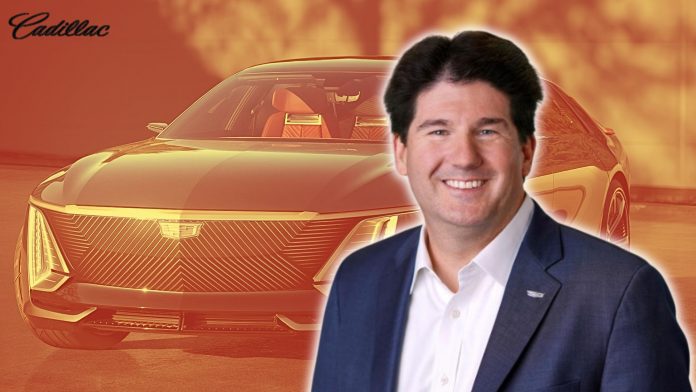During a press conference on May 1st, the Vice President of Global Cadillac, John Roth, announced that while the company plans to continue selling gas-powered cars for some time, it aims to offer a complete range of electric vehicles (EV) by 2030.
Under the leadership of VP John Roth, Cadillac has charted a clear path for the future. Roth has consistently emphasized that both internal combustion engines and electric vehicles will coexist until the end of the decade. This approach, he believes, will enable Cadillac to cater to a diverse range of customer needs and provide them with the luxury of choice. However, as the EV adoption trend has slowed, some automakers, including General Motors, have postponed investing in EVs.
However, Roth’s recent statement contradicts previous remarks made by Cadillac executives, such as then-President Steve Carlisle, who stated in 2019, “None of us knows how long this transition will take.” According to Carlisle, both electric and internal combustion engines will be present for some time, “but the majority, if not all, Cadillacs will be electric by 2030.”
Roth added that Cadillac’s 13 distinct nameplates would be directed by consumers’ desires for EVs during the transition. “This idea of having the luxury of choice in our portfolio is a competitive strength,” he stated.
Amidst a changing landscape, Cadillac’s strategy shift is a response to the evolving demands of the market. While annual EV sales are on the rise in the U.S., the growth rate has significantly slowed, as per a recent report by Cox Automotive. While first-quarter EV sales saw a slight increase compared to the previous year, they dropped significantly compared to the fourth quarter of 2023. Cadillac’s decision to focus on EVs reflects its recognition of these market dynamics and its commitment to maintaining a competitive edge.
General Motors is also considering reintroducing plug-in hybrid technology in response to customer preferences and market dynamics.



